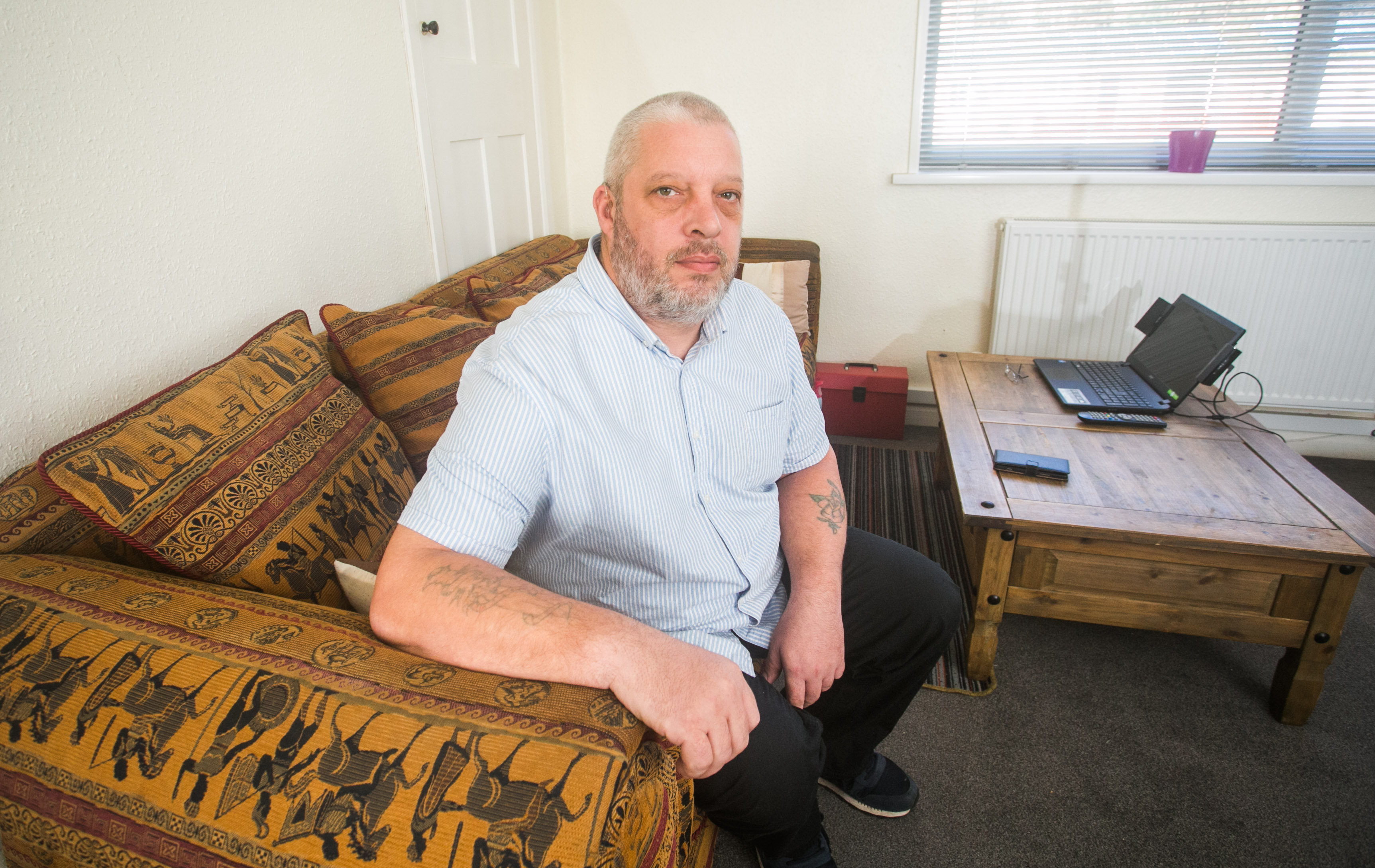Two-thirds of Brits would put off going to the doctor – because they are scared of bad news
Two-thirds of Brits would put off going to the doctor – because they are scared they will receive bad news, according to research.
A study of 2,400 adults revealed 61 per cent would consider delaying a GP appointment for fear of being told they have a serious illness.
And over half would hold off seeking medical attention because they are worried about how a diagnosis could affect their family.
The research was commissioned by AbbVie, as part of their Live:Lab project, in line with the launch of their new gamified quiz ‘Crush your FOFO’.
The quiz creates a deeper understanding around the psychological health phenomenon that experts are calling the ‘Fear of Finding Out’ (FOFO).
“Crush Your FOFO”, www.crushyourfofo.co.uk, can be played online to help experts and the public better understand the Fear of Finding Out, and empower individuals to seek medical attention when needed.
Mark McGovern, 47 from Devon, ignored worrying health symptoms for years, with devastating consequences.
Back in 2011, Mark, father-of-three, started to experience increased urination, excessive thirst, pins and needles, and tiredness.
But describing himself as a provider for his family, he explained he was reluctant to see a doctor in case it resulted in time off work.
Mark, foreman at a turf company, said: “I always thought the symptoms had just been a sign of getting older, and never saw them as being anything serious enough to bother a doctor with.
“It’s also widely reported in the news how over-stretched our GPs and NHS are, and so I didn’t want to bother them with my little symptoms.
“I am a typical bloke – as long as I can get up and go to work there’s no point bothering the doctor, well that was my attitude then anyway.”
After sitting on his “little” symptoms for five years, Mark’s health took a dramatic turn for the worse in 2016, when he suffered a transient ischaemic attack (commonly known as a mini-stroke), quickly followed by a full stroke.
A stroke is a serious and life-threatening medical condition that occurs when the blood supply to part of the brain is cut off, and is most common in older people over 70. It was therefore a frightening and confusing time for Mark, who was only 45 at the time.
“From the moment I was put in the ambulance I was scared. I actually thought I was dying. When I got to hospital I was rushed in and there were people all around hooking me up to monitors, putting cannulas in, and asking me questions – it was really frightening,” Mark remembers.
It was only then, during Mark’s stay in hospital, that doctors identified he had been living with type 2 diabetes for years, and that the underlying condition was likely the cause of his stroke.
According to the Stroke Association’s recent State of the Nation report released earlier this month, if not properly managed, type 2 diabetes almost doubles the risk of stroke within the first five years of onset.
Mark recalls: “The doctor went on to tell that me this was the main cause of my stroke.
“It had gone undiagnosed for too long and if I had gone to my GP earlier, then the stroke would not have happened; and now that a stroke has happened, it makes it more likely for me to have more.
“Knowing what I know now, if I had gone to my GP earlier, I would have got the help I needed which could have avoided the stroke.
“I also wouldn’t have had so much time off work which put me into financial difficultly, a problem that still affects me now.
“I am on daily medication which I will now be on for the rest of my life.
“It’s all really impacted on my work as I find it hard to do the same as what I used to due to a lack of energy.
“I have to be extra careful I don’t cut myself because I am now on blood thinners. My employer is concerned about me being on jobs on my own, which could mean a wage reduction which I cannot afford. Basically I am not the man I used to be.
“All this because I didn’t go to the doctor in the first place. That’s a lot to sacrifice for ignoring symptoms.
“My advice to anyone who notices anything different to normal health, no matter how small, get it checked. You can ask your GP, talk to your pharmacist or ring 111 for advice. Or speak to family and friends if you are scared, just do whatever you can to not ignore it.
“It’s important to be more health conscious throughout middle age, especially if you have a family and the sooner you can identify a problem the sooner you can get treatment, or it could be irreversible.
“And to men like me, you can still be a “man’s man” and look after your health – it is not a sign of weakness.”

